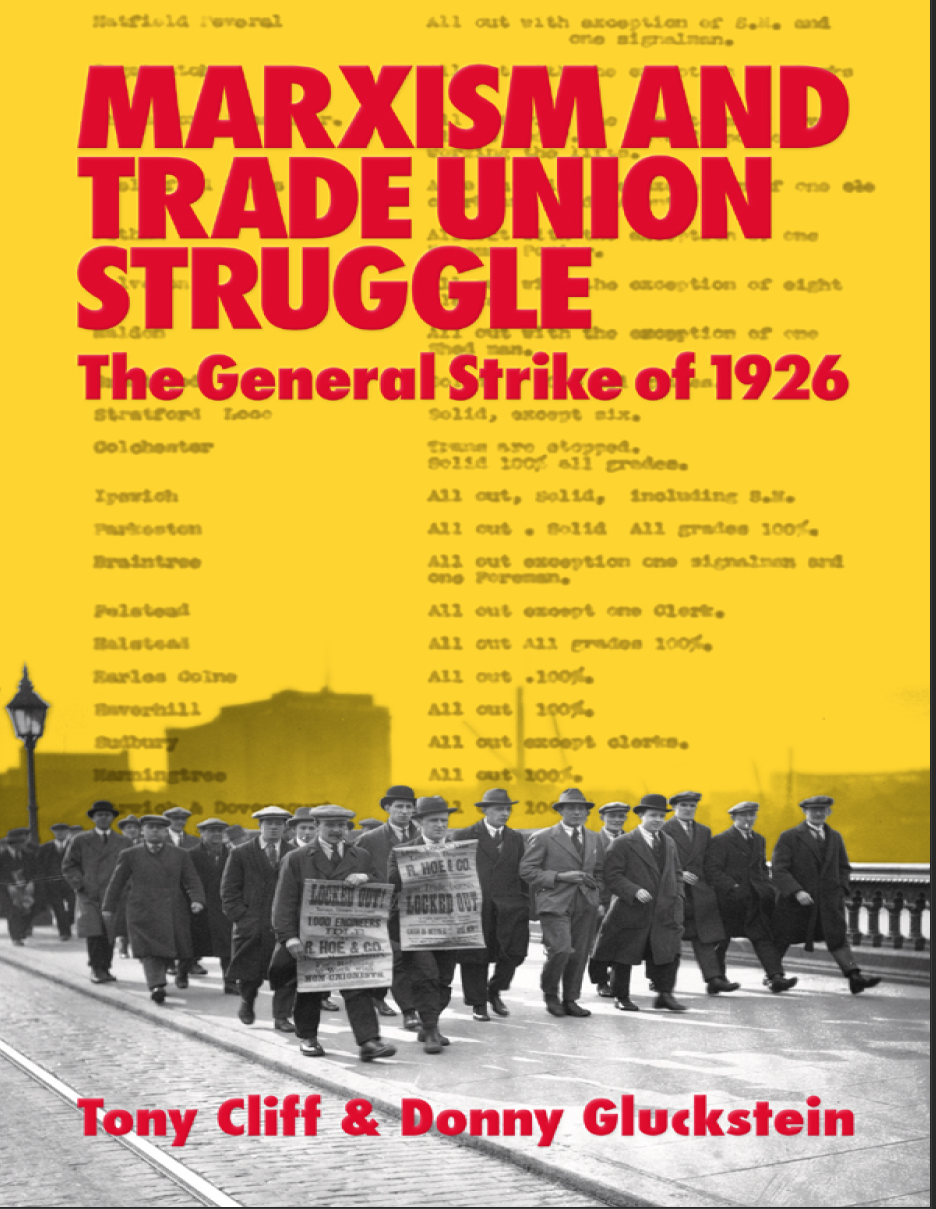The General Strike of 1926
Tony Cliff and Donny Gluckstein
The key question for Marxists is how to relate to the working class. In
countries where the workers are organised in unions, this question then
takes the form of how should Marxists approach trade unionists and their
leaders. In Britain, as in other countries, the history of the working class is one of heroism and betrayal.
There have been tremendous struggles, ranging from Chartism in the 1840s to the great miners’ strike of 1984-5. There have also been a succession of catastrophic defeats engineered by trade union leaders and Labour politicians.
The event that best sums up these aspects is the 1926 General Strike.
This was easily the biggest single strike in British history and its only national general strike. Including the miners, who were locked out by the coalowners, fully 3.5 million workers were involved. The millions who were drawn into this tremendous show of working-class solidarity felt they were caught up in a battle, not just to defend the miners from wage cuts and longer hours, but for the destiny of their class. The time of the General Strike has rightly been called ‘the days of hope’ of the British labour movement. Everywhere the rank and file responded to the strike call with a vigour and enthusiasm that exceeded all expectations.
The dreadful end of the strike could not have been in greater contrast.
On 12 May 1926 the TUC General Council committed an act of black
treachery when it surrendered unconditionally, at the very moment that the numbers on strike climbed to a new peak. The betrayal of the General
Strike dealt a crushing blow to the labour movement, a blow from which it took decades to recover.
How do we explain why we need the trade union leaders to lead strikes, but also that they are not nearly effective enough? In Nigeria, the NLC refuses to lead a struggle against fuel price increases, in support of the strikes in the education sector or for a decent minimum wage. When they have led active strikes, as in Kaduna in May 2021, they tend to call off the strikes too early and so total victory is not achieved (and workers in Kaduna are now again being threatened with retrenchment.
History shows us that this is a common problem with trade union leaders and also shows us how socialists can organise effectively to over-come this problem. This book is important as it provides detailed answers to these common problems by looking at one key period of working class history.
download below
Tony Cliff Marxism and Trade Union Struggle the General Strike of 1926 (Tony Cliff) (z-lib.org)

